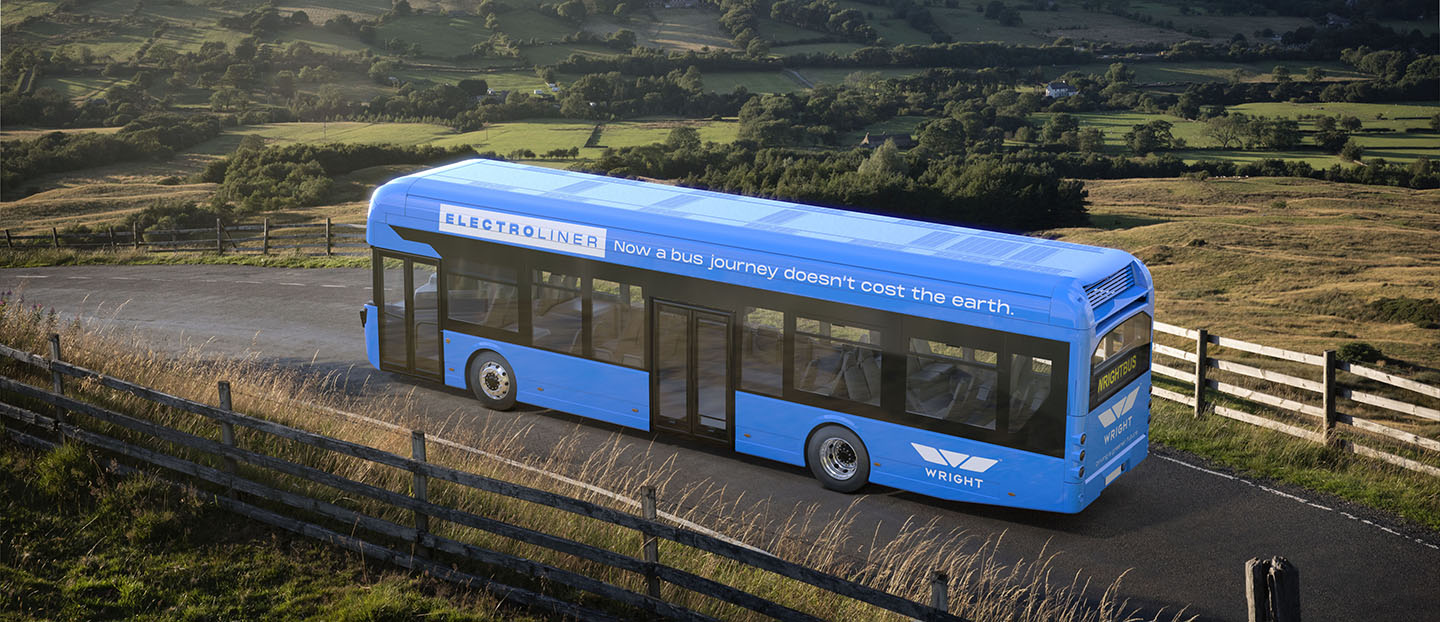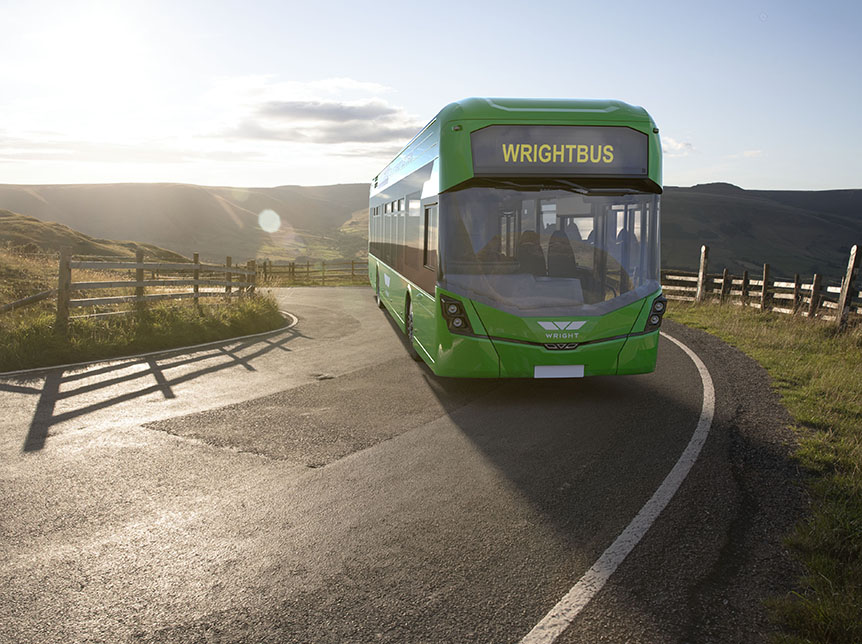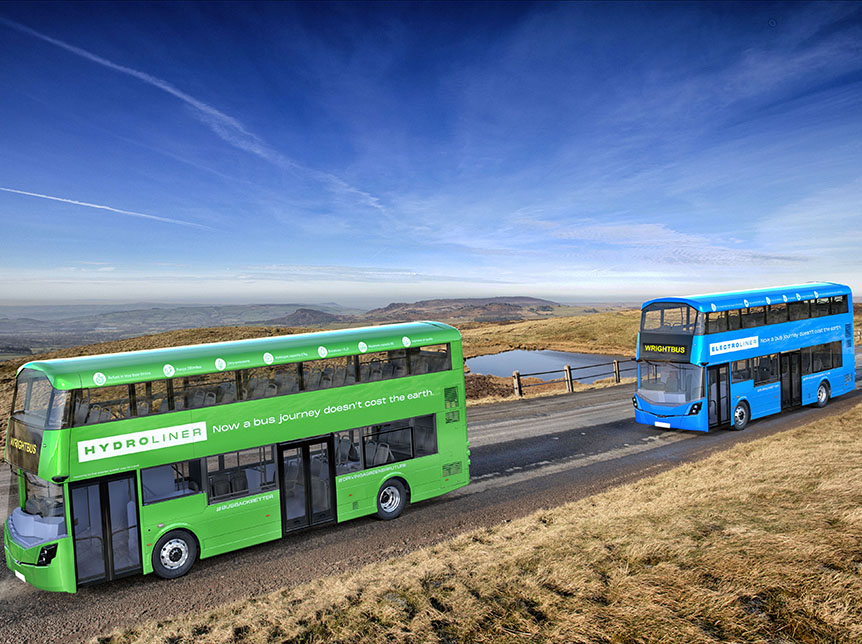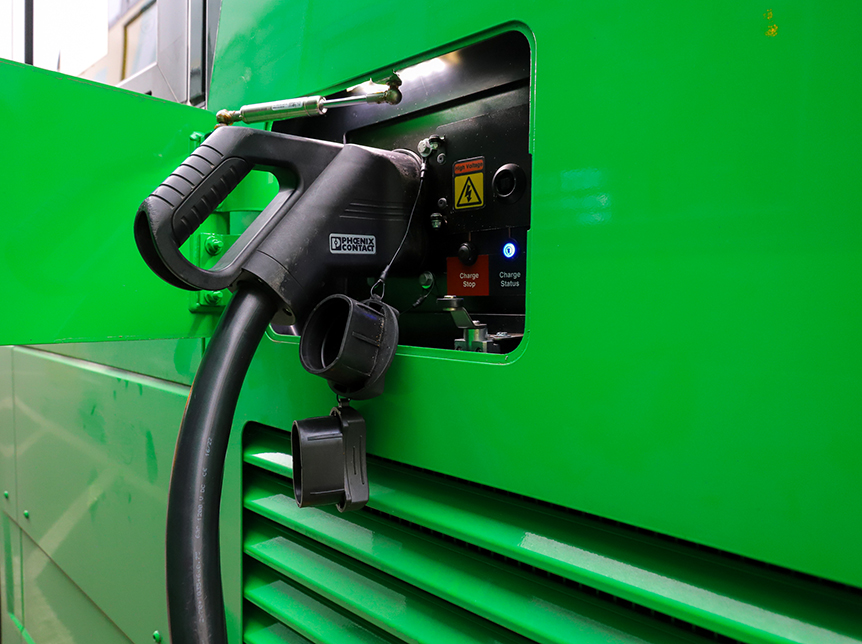
The transition to sustainable transportation is gaining momentum worldwide, with a particular focus on electric vehicles (EVs) and electric buses. These innovative modes of transportation offer promising solutions to combat climate change, reduce pollution, and create more sustainable urban environments.
Electric Vehicles: Pioneering Sustainable Mobility
Electric vehicles are revolutionizing the automotive industry by replacing traditional internal combustion engines with electric motors powered by rechargeable batteries. This shift toward electrification has significant implications for reducing greenhouse gas emissions and dependence on fossil fuels.
One of the primary advantages of electric vehicles is their environmental friendliness. Unlike conventional vehicles that emit harmful pollutants such as carbon dioxide and nitrogen oxides, EVs produce zero tailpipe emissions during operation. This makes them a key contributor to improving air quality and combating climate change, particularly in densely populated urban areas.
Beyond their environmental benefits, electric vehicles offer economic advantages for consumers. While the upfront cost of purchasing an EV may be higher than that of a traditional vehicle, lower fuel and maintenance costs over the vehicle's lifetime can result in significant savings. Additionally, government incentives such as tax credits and rebates are often available to encourage the adoption of electric vehicles, further reducing the total cost of ownership.
Electric vehicles also provide a superior driving experience compared to conventional vehicles. Electric motors deliver instant torque, resulting in smooth and responsive acceleration. EVs are also quieter and produce less noise pollution, enhancing the overall comfort of both drivers and passengers.
Electric Buses: Revolutionizing Public Transit
In addition to electrifying personal transportation, electric buses are transforming public transit systems around the world. These buses are powered by electric motors and rechargeable batteries, offering a cleaner and quieter alternative to traditional diesel buses.
One of the most significant advantages of electric buses is their environmental impact. By eliminating tailpipe emissions, electric buses help improve air quality and reduce pollution in urban areas. This is particularly important for mitigating the health risks associated with poor air quality, such as respiratory diseases and cardiovascular problems.
Read more

Get in touch
Wrightbus has been at the forefront of transport innovation since 1946, relentlessly pushing the boundaries with its commitment to quality, style and safety.




